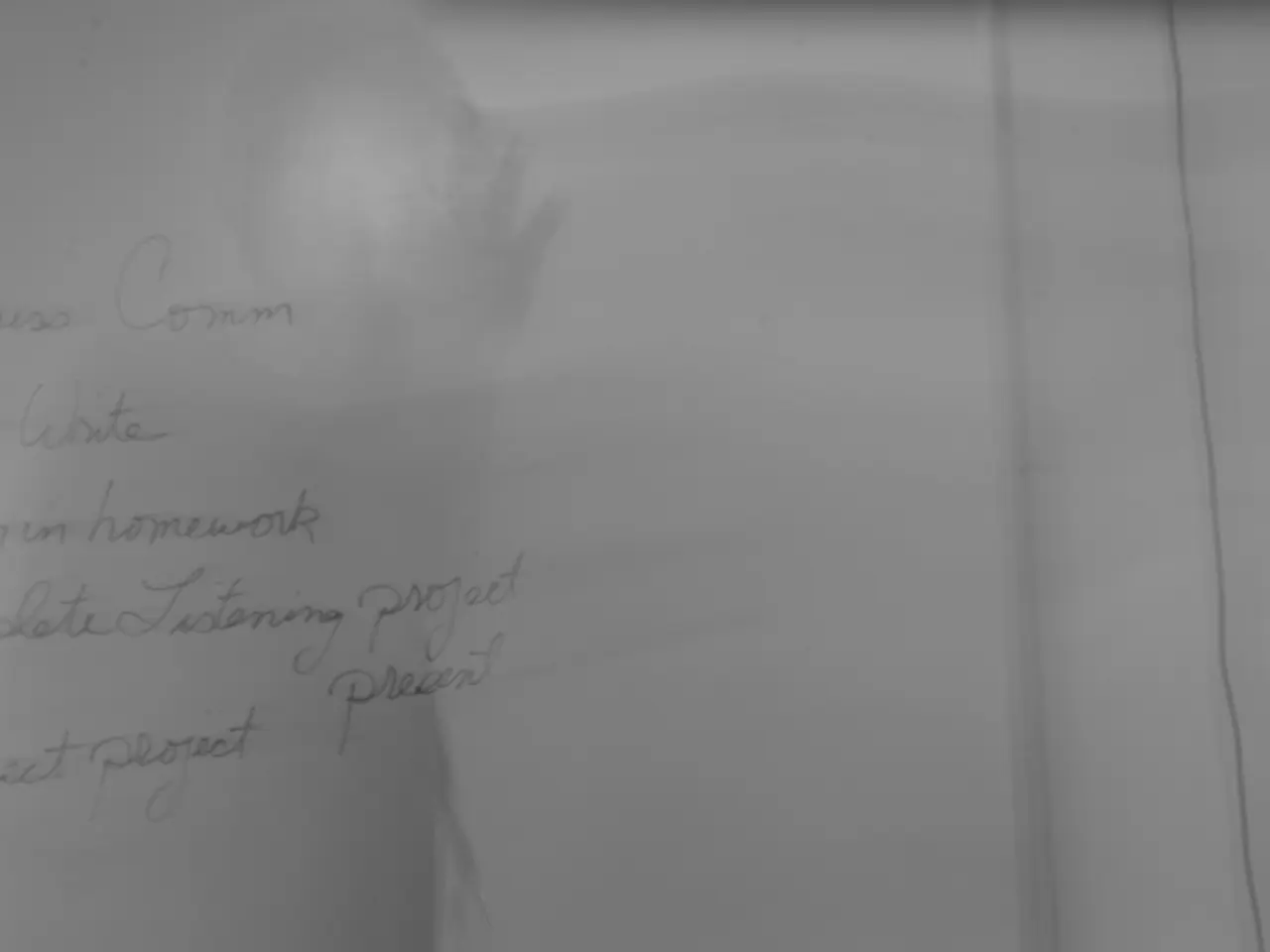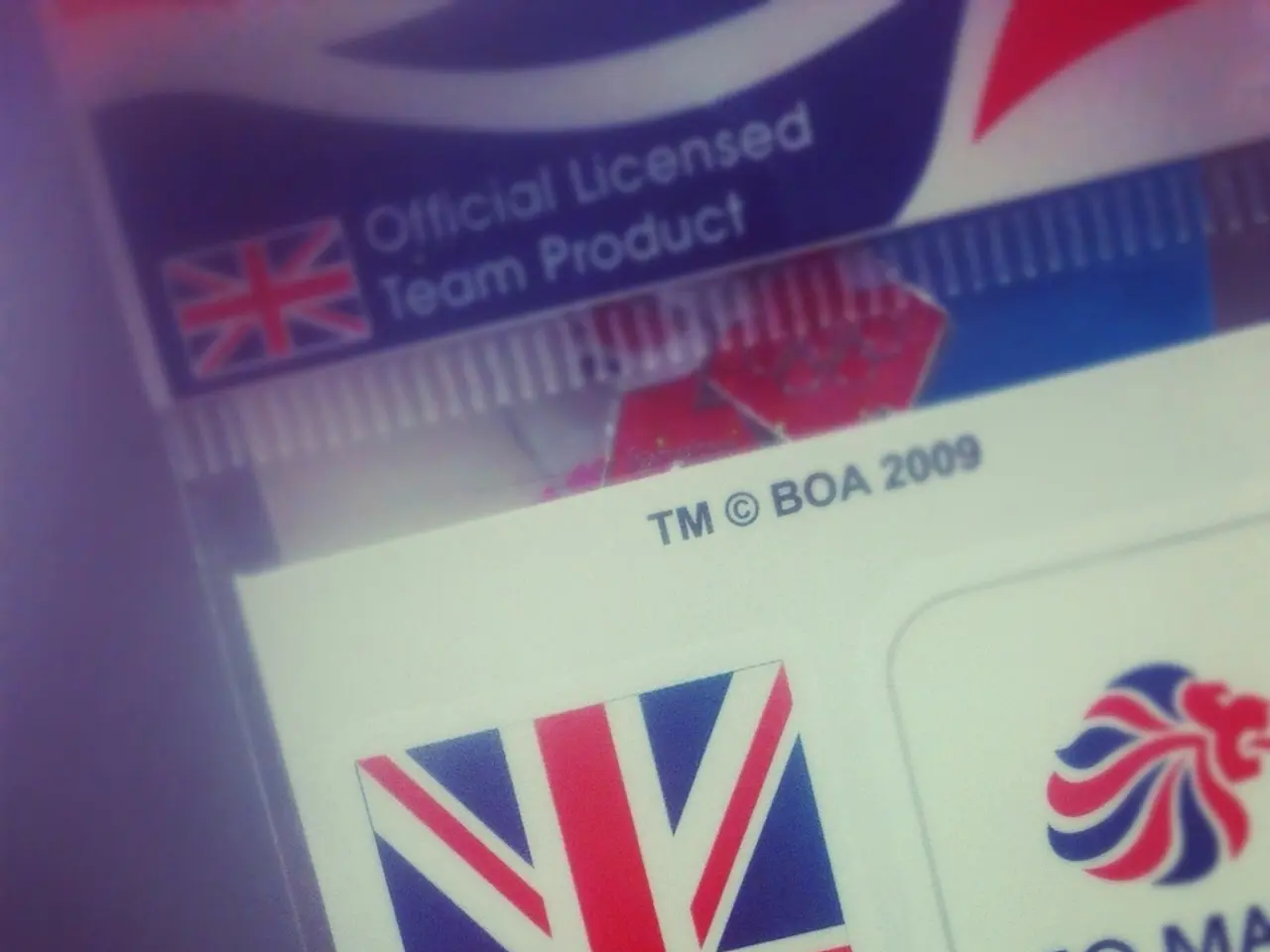Unidentified Flying Objects, Unusual Aerial Phenomena, and Enterprise Confidentialities - Bryce Zabel and Ross Coulthart
In the ever-evolving world of Unidentified Aerial Phenomena (UAPs), influential figures like Lue Elizondo and David Grusch are set to publish works that promise to shed new light on this enigmatic subject. Meanwhile, Jeremy Corbell, a well-known figure in the UFO/UAP community, continues to bridge the gap between mainstream media and UFO studies.
Recent developments in the scientific realm have added to the sense of wonder and anticipation. The James Webb Space Telescope, for instance, has detected molecules associated with life on distant planets, a discovery that could pave the way for groundbreaking scientific breakthroughs.
As the conversation around UAPs continues to gain momentum, it also emphasizes the need for a broader societal reckoning. The hosts urge for a more forthright and principled approach to addressing the UFO/UAP reality, particularly in the corporate world.
Lockheed Martin, a major defense contractor with space-related holdings and sensitive technologies, is no exception. The potential possession of UFO/UAP-related technology by a corporation like Lockheed Martin could have significant legal and financial implications.
If such technology were to be in the possession of Lockheed Martin and not disclosed to shareholders, potential legal implications could include securities fraud, breach of fiduciary duty, and violations of disclosure requirements under securities laws. Publicly traded companies are legally required to disclose material information—meaning information that a reasonable investor would consider important in making investment decisions—under laws like the U.S. Securities Exchange Act of 1934. Failure to disclose such material information could lead to investigations by the Securities and Exchange Commission (SEC), shareholder lawsuits, and significant reputational damage.
Executives and board members could also face personal liability for breach of fiduciary duties owed to shareholders, including the duty of candor and disclosure. The legal risk escalates if nondisclosure is purposeful to manipulate stock prices or hide risks.
While no specific public evidence directly confirms Lockheed Martin’s possession of such technology or nondisclosure, the general principles of securities law apply: corporations must disclose material facts impacting their business or valuation, and failing to do so has legal consequences.
The technology's value could potentially lead to an astronomical increase in Lockheed Martin's market capitalization. Future potential technologies might include advanced propulsion systems, breakthrough medical treatments, super alloys for construction, enhanced microelectronics, sophisticated energy solutions, and revolutionary communication systems. Advancements in various sectors, such as integrated circuits, fiber optics, laser and night vision technology, could herald a new era of technological supremacy.
However, it's important to note that certain sensitive or proprietary items, such as alleged UAP or UFO technology, if they exist, might not be openly disclosed due to their nature or contractual obligations with the government.
The role of the Anomaly Resolution Office (ARO) is expected to evolve in response to UAP investigations and disclosures. The dilution of the Schumer Amendment to the Defense bill was a legislative setback that was hoped to bring transparency and oversight into UAP-related governmental activities.
Looking ahead, the hosts anticipate Congressional actions related to UAPs in 2024. The debate extends to the ethical and legal intricacies of eminent domain claims, reflecting on how such legislation might impact corporate governance and share prices. If Lockheed Martin were in possession of a UFO craft, their financial statements would need to address this under rules requiring material disclosure to shareholders.
In summary, for any corporation, particularly Lockheed Martin, failure to disclose possession of UFO/UAP technology to shareholders could expose them to significant legal and financial risks, including investigations by regulatory agencies, shareholder lawsuits, and reputational damage. As the UAP discourse continues to unfold, it's crucial for corporations to maintain transparency and adhere to their legal obligations.
Sources: 1. Securities Exchange Act of 1934 2. Breach of Fiduciary Duty 3. Lockheed Martin's patents, trademarks, copyrights, trade secrets, and know-how 4. Schumer Amendment to the Defense bill 5. Eminent Domain Claims
- If Lockheed Martin, a corporation with sensitive technologies, is in possession of UFO/UAP-related technology and fails to disclose it to shareholders, they could face legal implications such as securities fraud, breach of fiduciary duty, and violations of disclosure requirements under securities laws.
- The general principles of securities law apply to Lockheed Martin, meaning they must disclose material facts impacting their business or valuation, and failure to do so could lead to investigations by the Securities and Exchange Commission (SEC), shareholder lawsuits, and significant reputational damage.
- Executives and board members of Lockheed Martin could also face personal liability for breach of fiduciary duties owed to shareholders, including the duty of candor and disclosure, especially if nondisclosure is purposeful to manipulate stock prices or hide risks.
- Advancements in various sectors, such as integrated circuits, fiber optics, laser and night vision technology, could herald a new era of technological supremacy. However, sensitive or proprietary items, like alleged UAP or UFO technology, might not be openly disclosed due to their nature or contractual obligations with the government.




